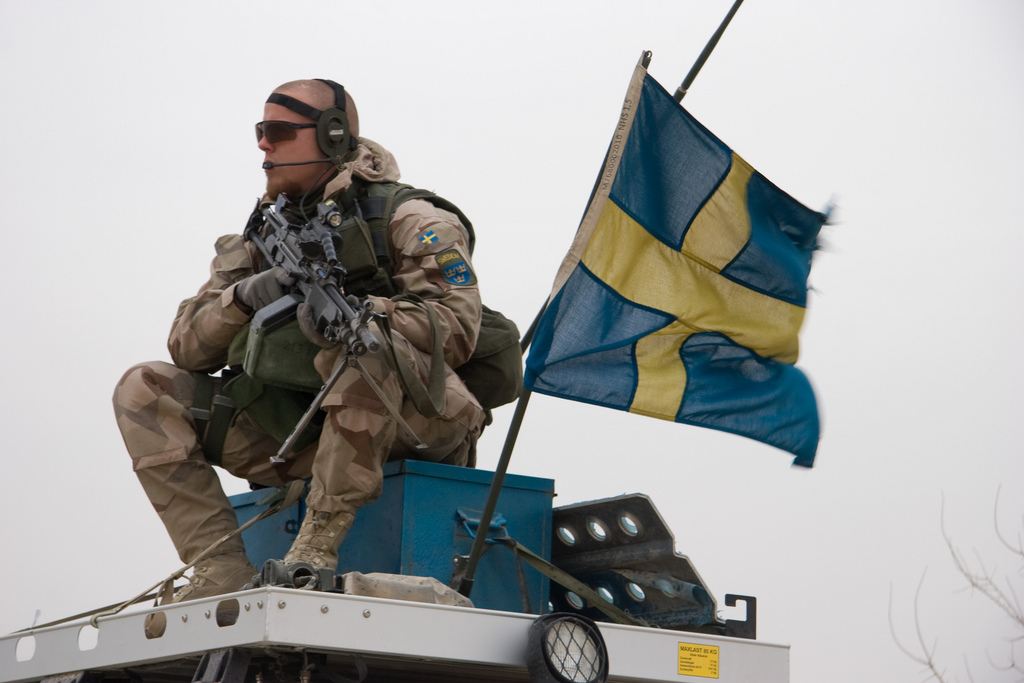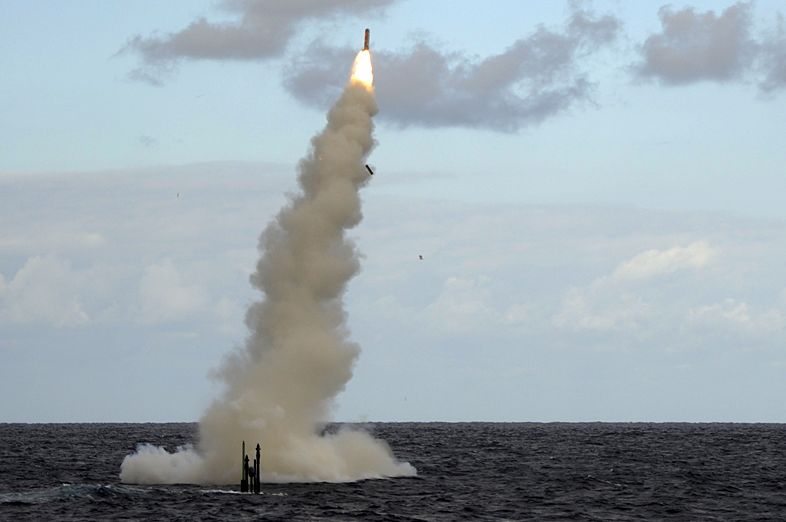Sweden said on Thursday it would raise defence spending by 6.2 billion kronor (677 million euros, $720 million) and bring back troops to a “strategic” Baltic island amid concerns over Russia’s military resurgence.
The country’s left-wing government said most of the money, to be spent between 2016 and 2020, would go towards modernizing ships that could detect and intercept submarines.
“We want to strengthen our ability to hunt submarines,” Defence Minister Peter Hultqvist said at a press conference.
The announcement came a few months after a week-long search for a suspected Russian submarine in the waters off Stockholm was called off despite members of the public reporting five sightings of suspicious vessels in a week.
The Swedish military’s failure in October to find what it would only refer to as “a foreign vessel” — but which was believed by most experts to be Russian — raised questions over the country’s military spending after years of cutbacks in the post-Cold War era.
The extra funds would also be used to re-establish a permanent military presence on the island of Gotland, between southern Sweden and Latvia, for the first time in 10 years.
The country’s largest island “is of high strategic value for Sweden and all of the Baltic Sea,” Hultqvist said.
The government wants 150 troops to be stationed on Gotland, Swedish media reported.
The United States on Monday began to deploy 3,000 troops on a three-month exercise in the Baltic to reassure Russia’s nervous neighbors.
Operation Atlantic Resolve would see major NATO forces working alongside their allies in Latvia, Lithuania and Estonia — former Soviet republics now members of the Western alliance, military officials said.
The search last year in Stockholm’s archipelago, involving battleships, minesweepers and helicopters, stirred up Swedes’ memories of Cold War cat-and-mouse games with suspected Soviet submarines along Sweden’s long, rugged coastline.
Together with a series of alleged airspace violations by Russian jets over the last year, it helped bolster public support for NATO membership in the non-aligned country.











